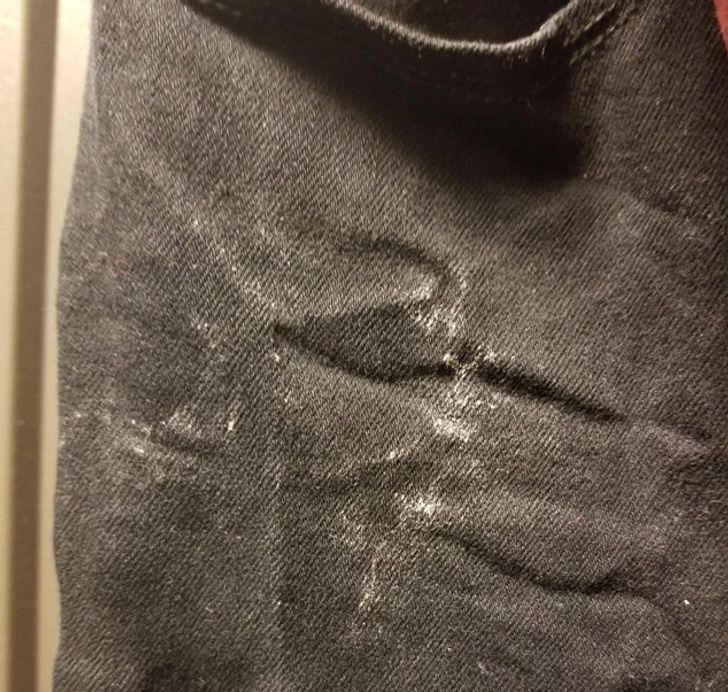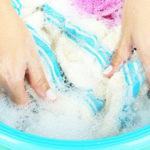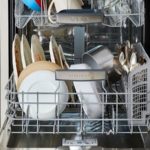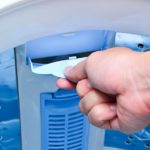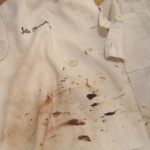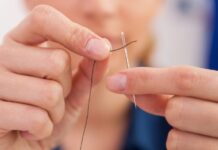Unfamiliarity with the duration of use of cleaning agents
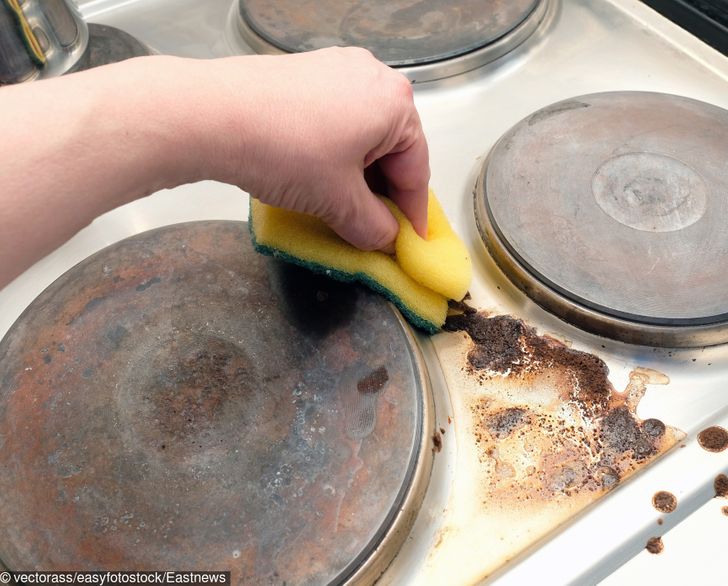
Many people do not use cleaning agents correctly because they do not adhere to the specified duration, making the disinfection process less effective than expected. You should carefully read the usage instructions of the product to see how long it can be left on the stain before wiping it clean.
Using drain cleaning chemicals too frequently
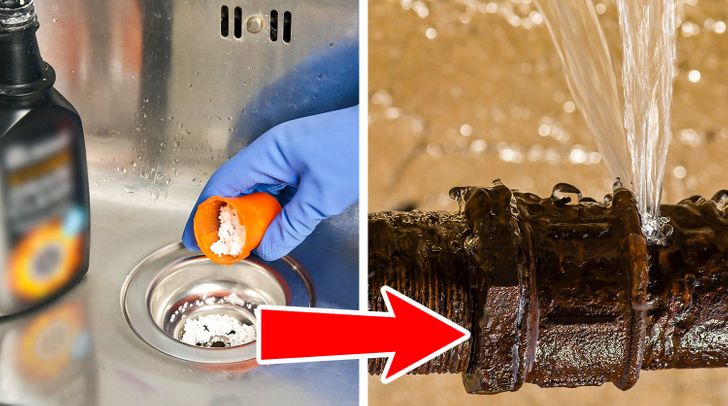
Although using drain cleaning chemicals is the best way to unclog drains, they can also damage the pipes in your home. These chemicals are highly toxic and corrosive, especially to older metal pipes, causing severe corrosion.
Using lemon or vinegar to clean stone surfaces
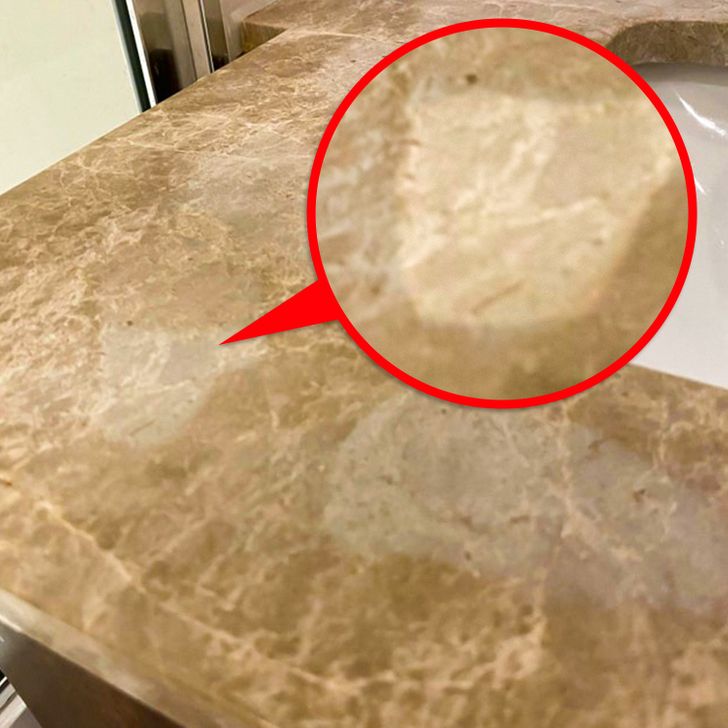
Lemon and vinegar are very useful for cleaning household items, but they can harm countertops, kitchen surfaces, or natural stone in the bathroom. The high acid content in lemon and vinegar can corrode and damage stone surfaces.
Using too much laundry detergent
Many people think that using more laundry detergent will result in cleaner clothes. However, this is not true. Using too much laundry detergent will leave residue on your clothes, attracting dust and bacteria. It can also cause yellow stains on your clothes.
Items not suitable for the dishwasher
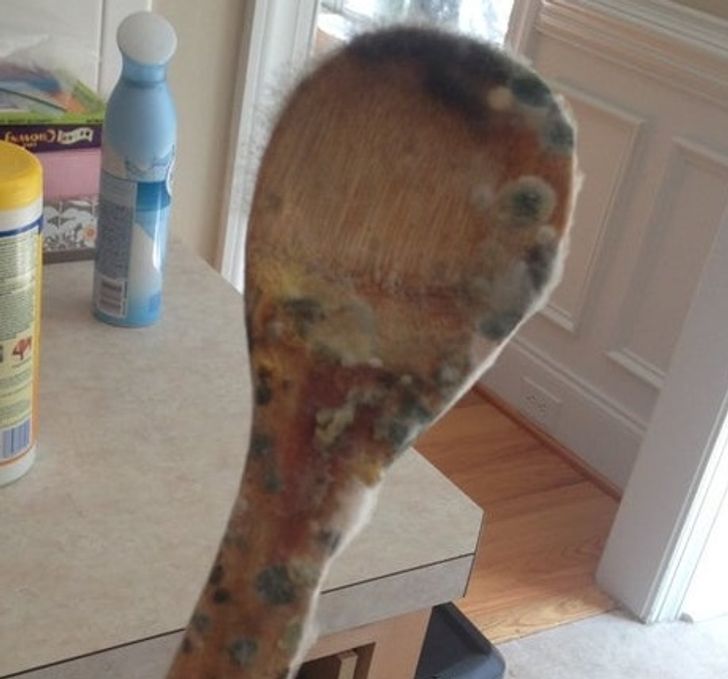
Avoid putting kitchen tools such as blenders, knives, garlic presses, and graters in the dishwasher as they can develop mold. This is because these tools often have small crevices that are difficult to clean, making them susceptible to food buildup and mold growth.
Wooden spoons should also not be put in the dishwasher as they can become worn and scratch the wood. They are also more prone to mold when left out.
Using one towel to clean multiple things
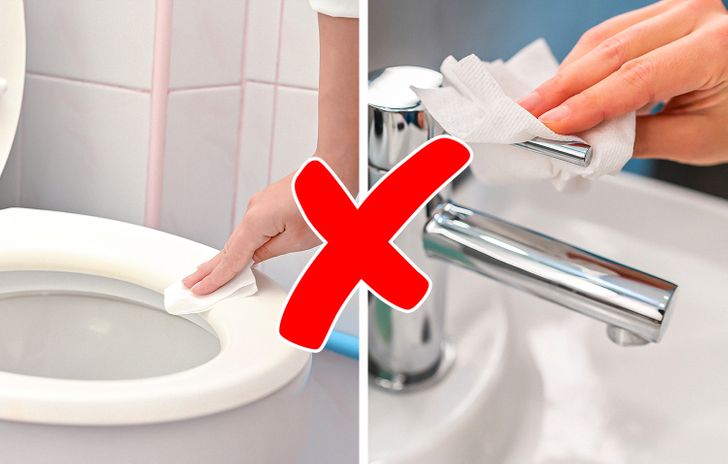
Many people use one towel to clean everything, but this is not advisable. We must ensure that we do not spread bacteria around the house with these convenient towels. It is recommended to wash them thoroughly before use or regularly change to new towels.
Not regularly cleaning humidifiers
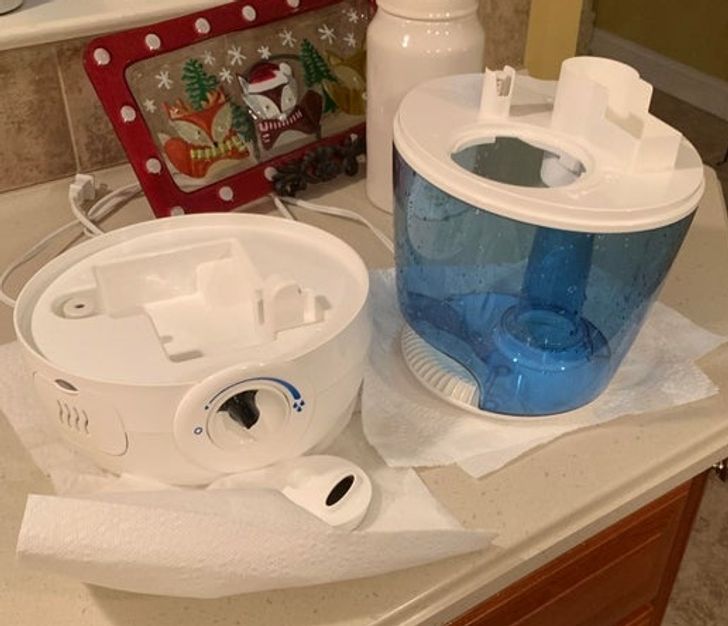
If not properly cleaned, humidifiers can become a breeding ground for mold in your home. To ensure proper cleaning, pour 2 cups of vinegar into the water tank before filling it with water. Let it soak for 20 minutes, then gently scrub with a small brush until all corners of the humidifier are clean.
Putting non-stick pans in the dishwasher
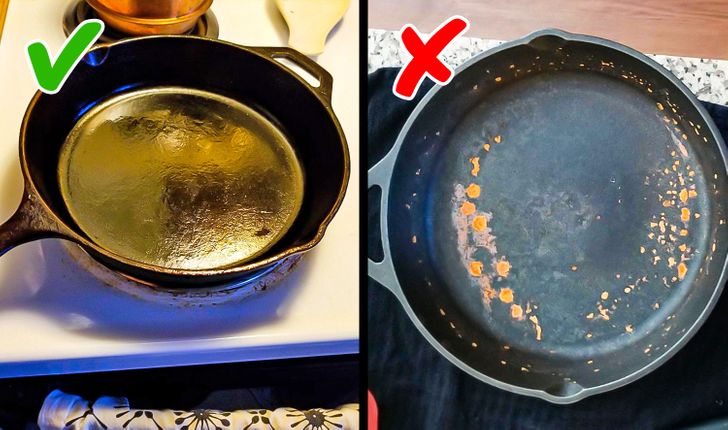
Avoid putting non-stick pans in the dishwasher as the high-pressure water jets, strong cleaning agents, and hot water temperature can damage the non-stick coating, causing it to peel off and pose a health hazard. It is recommended to hand wash these utensils for safety and longevity.
Washing towels with fabric softener
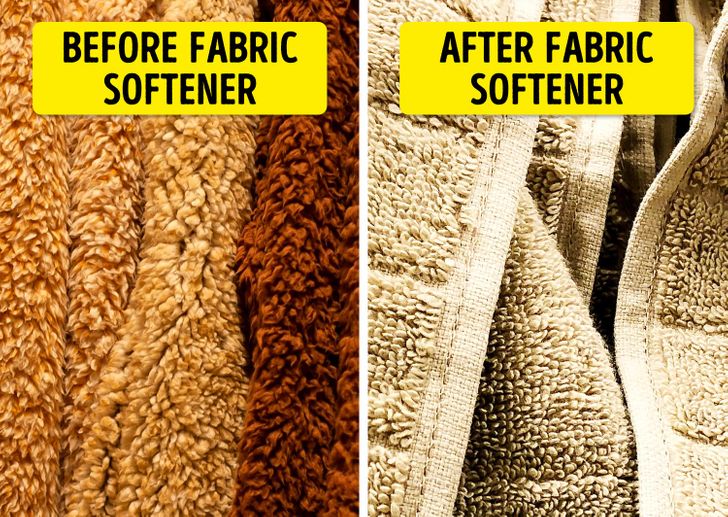
If you find that your bath towels are becoming increasingly dry and stiff, it could be due to fabric softener. After using fabric softener for a while, towels can develop a layer of chemicals that reduces their absorbency and makes them stiffer. Instead, try washing towels with hot water (the hotter, the better) and adding a cup of ammonia to the wash. This will help remove accumulated chemicals and make the towels softer.
Not regularly changing hand and dish towels
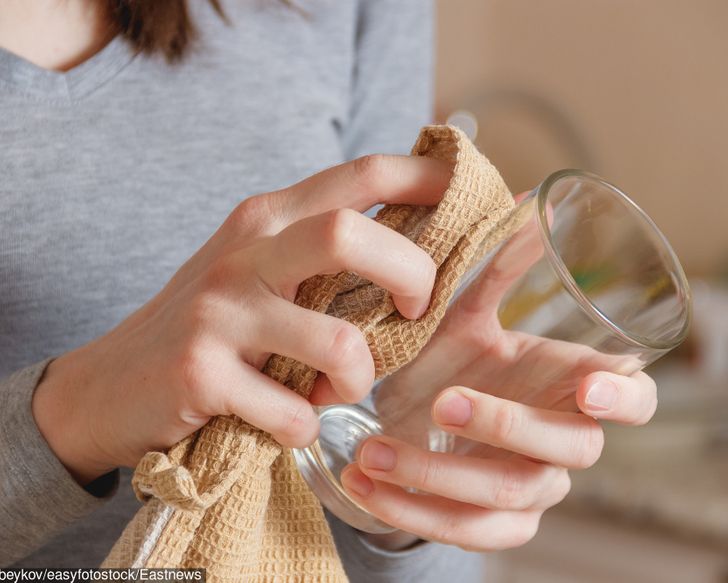
Hand towels can harbor a lot of bacteria, especially in moist environments, making it easy for mold and mildew to grow. Since these towels are used frequently in the household, they need to be changed regularly to maintain cleanliness. It is recommended to replace them every 2 days.
Sterilizing toys with vinegar
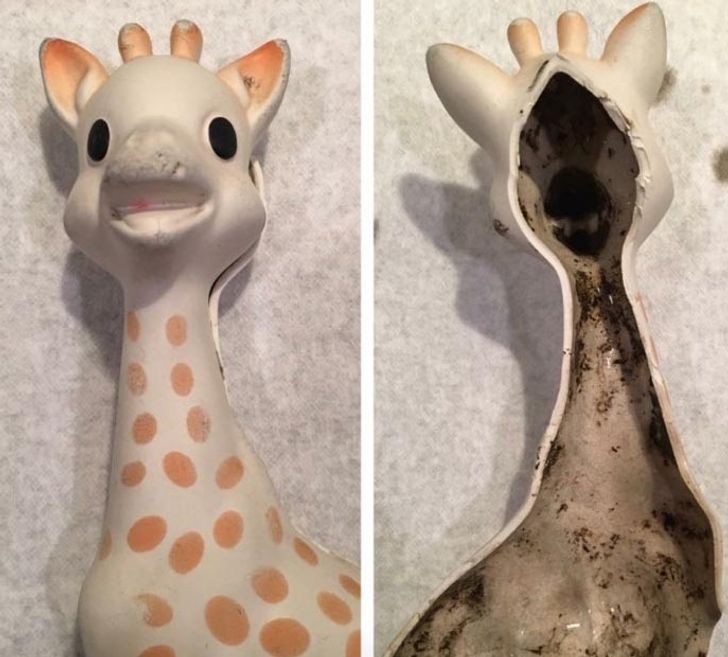
Bath toys are known to harbor harmful mold and bacteria. Many people clean them with vinegar, but unfortunately, soaking toys in vinegar will not remove all the accumulated bacteria. Both bath toys and plastic toys can be effectively cleaned with a disinfectant solution. You can use a disinfectant solution to clean them thoroughly.
Cleaning windows with water and paper towels
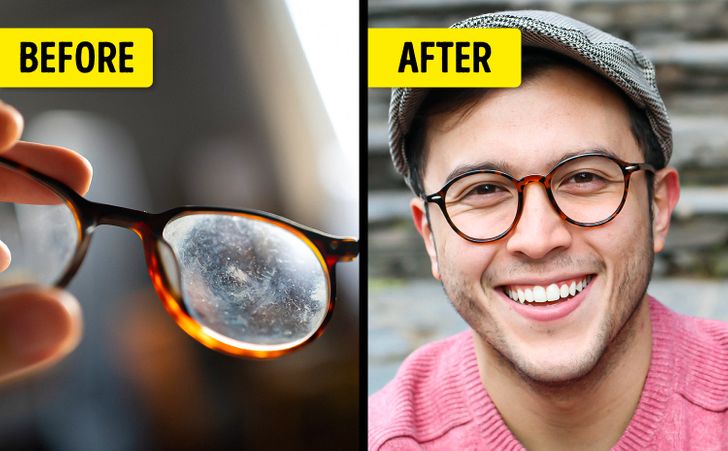
You may want your windows to be quickly cleaned by wiping them with paper towels, but the best way to keep windows clean and scratch-free is to wash them with warm water and mild dish soap. After washing, use a soft cotton cloth to wipe the window frames and glass.
How Much Laundry Detergent Should You Use in a Washing Machine?
Have you ever asked yourself how much laundry detergent is actually the best amount for your washing machine? According to research, the assumption that more detergent is better may not be accurate. In this article, we’ll investigate this topic and provide insight on how to optimize your laundry cleaning routine.

























